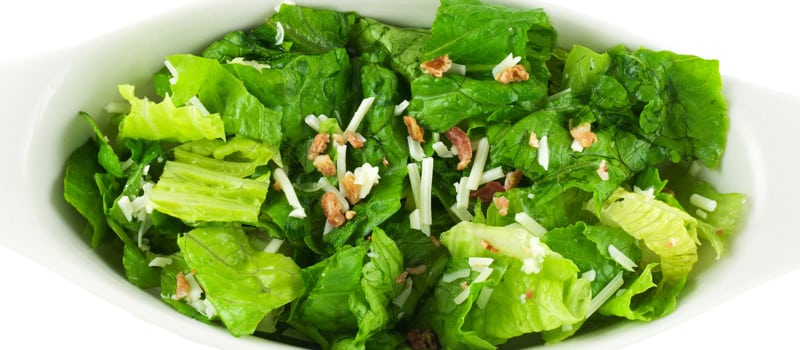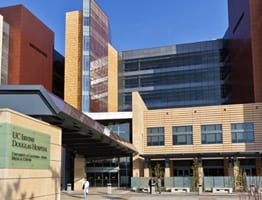
Study Looks at Bacteria Risk in Bagged Salads
A new report published in the Applied and Environmental Microbiology journal examines the growth of salmonella bacteria in bagged, pre-packaged salads. These salads are commonly found in grocery stores and in fast food restaurant locations and are often purchased due to their convenience—the salad leaves are already cut and advertised as clean and ready to eat.
Most leaves used in salads are already exposed to salmonella during the growth process. Bird droppings, manure, and insects all carry the bacteria. The researchers in this study looked at how the existing salmonella bacteria behaved once the product was bagged.
The bacteria are spread by damaged leaves in the bags of salad. These leaves, even when slightly damaged, release juices that increase the bacteria’s ability to develop biofilms. These biofilms tightly adhere to the surfaces of the other leaves and are hard to remove, even through careful washing.
Primrose Freestone, co-author of the study and an associate professor of clinical microbiology at University of Leicester, indicated that investigating the behavior of salmonella in bagged salad can help to expose consumers’ risks. This study can also help along research in the future regarding the way that the biofilm attaches to salad leaves.
Although more research is needed, you can reduce your risk of salmonella by inspecting bags for damaged leaves, thoroughly washing produce, and checking expiration dates and recall notices.









